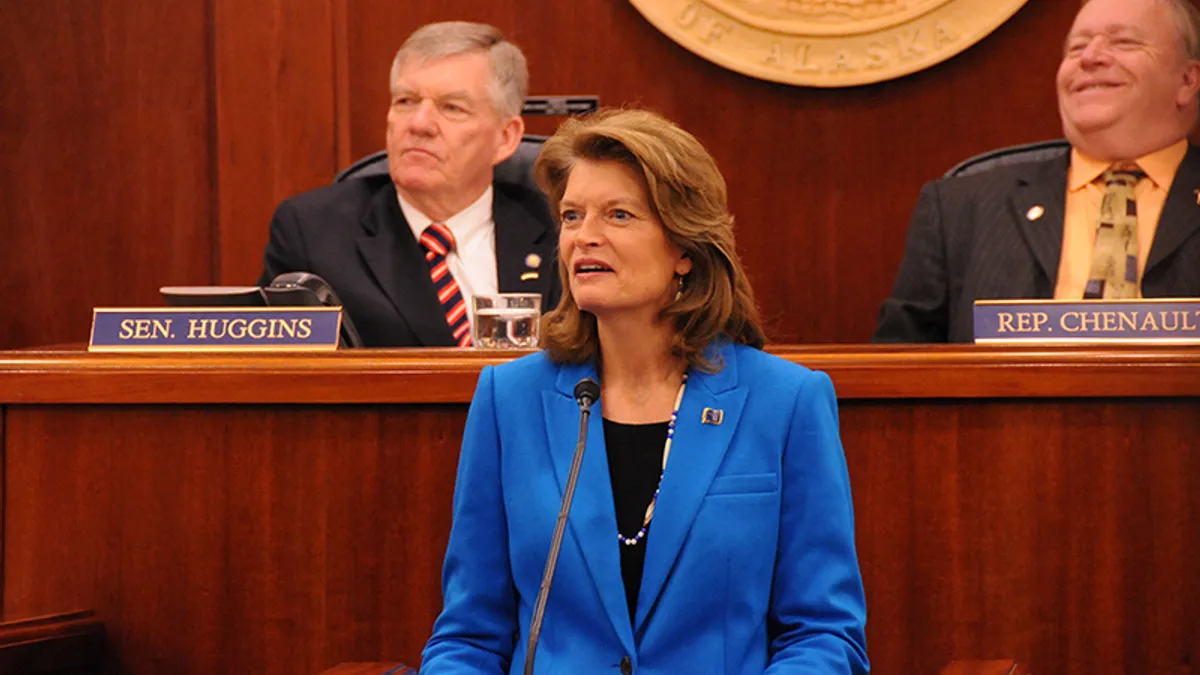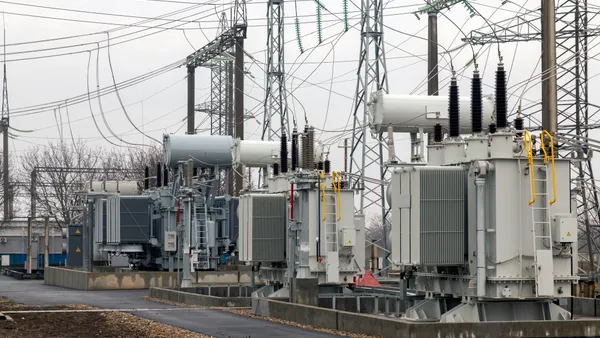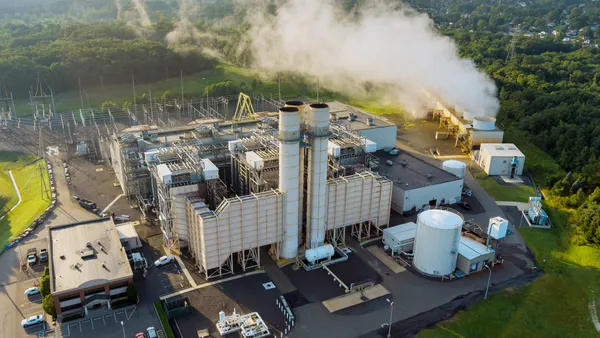Dive Brief:
- A bipartisan group of senators led by Senate Energy and Natural Resources Chairman Lisa Murkowski, R-Alaska, on Wednesday introduced a bill to create a path to market for advanced nuclear reactors.
- S. 903 requires the Department of Energy to create a 10-year strategy to support advance nuclear technology, extends the maximum length of federal PPAs from 10 to 40 years to be more conducive to nuclear projects and invests in the nuclear workforce. The bill, reintroduced from the previous Congress, gained four new sponsors, including Sen. Lamar Alexander, R-Tenn., who chairs the Senate appropriations subcommittee on energy and water.
- Utility executives have been vocal about the importance of nuclear energy as a critical tool to decarbonize the power sector. On Monday, Xcel Energy CEO Ben Fowke touted the importance of advanced nuclear technology research and development at a BNEF event.
Dive Insight:
The only nuclear generation under construction in the United States is the overbudget addition of two nuclear reactors, Georgia Power's Vogtle Units 3 and 4, expected online in 2021 and 2022, respectively.
But smaller, modular reactors are in the works, with a design by NuScale currently going through the approval process at the Nuclear Regulatory Commission.
S. 903 aims to catalyze innovation and development of advanced nuclear technology amid ongoing announcements of early retirements for traditional nuclear power plants that have become uncompetitive.
The bill, introduced by Murkowski with 10 other cosponsors during the previous Congress, was largely similar, including a provision for a federal power purchase agreement (PPA) pilot lasting more than 10 years. Without such an extension, nuclear projects faced more difficulties competing with other technologies, such as renewables and gas, as initial capital costs for reactors are typically paid over a longer period than the 10-year PPAs.
The Energy Information Administration (EIA) estimates nuclear power-generated electricity in the U.S. will fall 17% by 2025, with the decline offset by natural gas and renewables.
"Within the next five years, we need to build one or more advanced reactors to demonstrate the capabilities they may bring — lower cost, increased safety, and less nuclear waste — and this legislation will help do that," Alexander said in a press statement.
The bill would provide a minimum amount of advanced reactor fuel for U.S. developers until a long-term domestic supply chain is established, use federal funds to support a university-based initiative to train the next generation of nuclear scientists and establish partnerships with the private sector.
The bill seeks to establish a "pathway to enable private-public partnerships to construct advanced nuclear demonstration reactors over the next two decades," Sen. Joe Manchin, D-W.Va., ranking member of the Senate Energy Committee, said in a statement.
A coalition of advanced nuclear advocates, including ClearPath Action and Clean Air Task Force, praised the bill for pushing a long-term strategy to advance nuclear science and engineering.
The bill "is a broad and bold step toward developing the federal goals and public-private partnerships necessary to cross valley of death that often stops groundbreaking nuclear innovation from winning in the marketplace," Rich Powell, ClearPath executive director, said in a statement.













